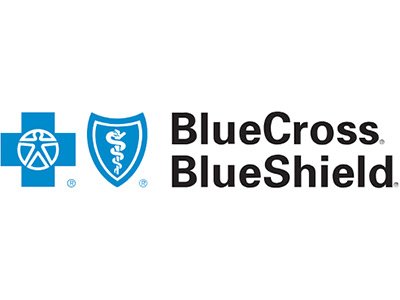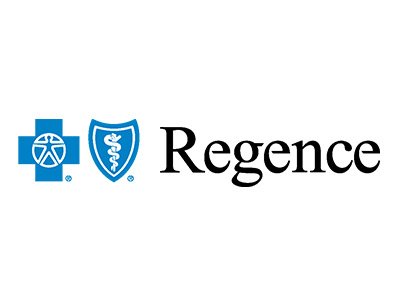What are the symptoms of an unhealthy gut?
Symptoms of digestive health problems vary. They can include a change in bowel habits, unexplained weight loss, bloody stools, weakness, and abdominal pain. Some unexpected symptoms include a foggy brain, anxiety, depression, and sleep disturbances. Many of us aren’t aware of how significant gut health is to our overall well-being, including our immune system and hormone health. This is because of something called the gut-brain axis.
The gut-brain axis is a bidirectional communication network linking the gut and the brain. It involves complex interactions between the central nervous system (CNS), the enteric nervous system (ENS), and the gut microbiota. The gut-brain axis is key in regulating various physiological processes, including digestion, mood, cognition, and immune function. Disruptions in this communication system have been linked to a range of conditions, including irritable bowel syndrome (IBS), anxiety, depression, and other neurological disorders.
Common Digestive Disorders:
Irritable Bowel Syndrome (IBS): IBS is a functional GI disorder marked by symptoms like abdominal pain, bloating, gas, and changes in bowel habits (diarrhea, constipation, or both). Its precise cause remains unclear, but factors like stress, certain foods, and hormonal changes can trigger it.
Inflammatory Bowel Disease (IBD): Conditions like Crohn's disease and ulcerative colitis fall under IBD, involving chronic inflammation of the digestive tract. Symptoms may include abdominal pain, diarrhea, weight loss, and fatigue. IBD is an autoimmune condition, and its exact cause is unknown.
Gastroesophageal Reflux Disease (GERD): GERD is a chronic condition where stomach acid flows back into the esophagus, causing symptoms such as heartburn, regurgitation, and chest pain. Prolonged GERD can harm the esophagus.
Celiac Disease: Celiac disease is an autoimmune disorder triggered by gluten consumption, causing an immune response that damages the small intestine and disrupts nutrient absorption.
Small Intestinal Bacterial Overgrowth (SIBO): SIBO occurs when there's an overgrowth of bacteria in the small intestine, leading to bloating, diarrhea, abdominal pain, and nutrient malabsorption.
Dysbiosis: This refers to an imbalance in the gut microbiota, crucial for digestion and overall health. Imbalances can be linked to conditions like IBS and IBD.
Constipation: A common issue characterized by infrequent or difficult bowel movements, often caused by factors like inadequate fiber intake or certain medications.
Diverticulitis: This involves inflammation or infection of small pouches in the colon wall (diverticula), leading to symptoms such as abdominal pain, fever, and changes in bowel habits.
Food Intolerances: Some individuals experience gut problems due to specific food intolerances like lactose intolerance or fructose malabsorption, causing digestive discomfort and bloating.
Gastroenteritis: This is the inflammation of the stomach and intestines, usually due to viral or bacterial infections, resulting in symptoms like diarrhea, vomiting, abdominal cramps, and fever.
What to eat for gut health:
Digestive health issues are varied and can be quite complex. Supporting gut health through diet, lifestyle, and probiotic interventions may help optimize communication along the gut-brain axis and promote overall well-being. When our patients walk in the door, we use a functional nutritionist approach to identify the WHY behind why our patients are feeling unwell. The health of our digestive tract has a profound impact on our well-being. We develop individualized diet plans, depending on the specific condition affecting our patients.
There is no one-size-fits-all approach, but we assure you that we will provide you with the compassionate care you need to start feeling well again.

























Recent “graduate” from Side by Side Nutrition. I started working with SBSN to figure out how food worked after having an eating disorder for years. And I’m so happy I got so much more than that! SBSN introduced me to Self-Compassion and met me with an approach that never included shaming me. I looked forward to our sessions every week, even if I hadn’t done any of my work, because I knew she’d be understanding and work with me to figure out what I needed to make it happen. And none of that compassion and presence was lost when we had to switch to telehealth. When I started, I didn’t think healing from an eating disorder was possible. And I never in my wildest dreams imagined that I’d come out of it with an unshakable love for my body (certainly not a plus size body with chronic illness)! I’m so glad circumstances sent me here because I know I wouldn’t have gotten to this place with my previous dietician! I am STRONG, I am CONFIDENT, and I am in LOVE with myself! Thank you so much for helping me on my journey here! It wasn’t easy, but it was so worth it!
— Michaela Myers